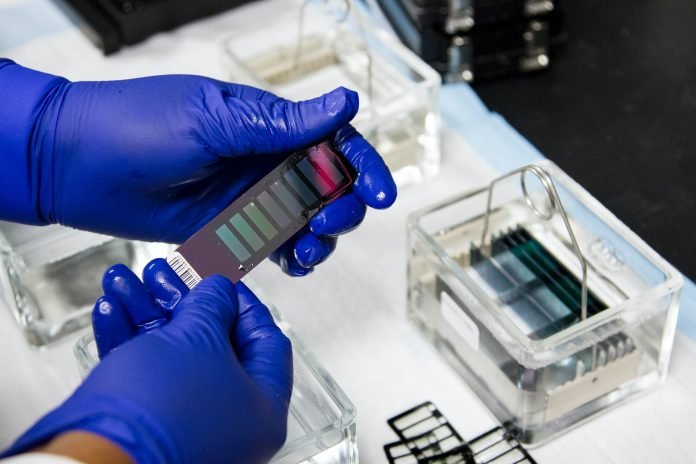
Pancreatic cancer, specifically a type known as pancreatic ductal adenocarcinoma (PDAC), is one of the deadliest forms of cancer.
Sadly, only about 8 out of 100 people survive for more than five years after being diagnosed with this disease.
For a long time, doctors and scientists have been searching for better ways to treat this aggressive cancer.
Recently, a group of scientists at the Francis Crick Institute may have found a new clue that could lead to better treatments.
The research team, led by Axel Behrens, focused on studying a certain kind of cell found in these tumors. These cells, known as cancer stem cells, are quite tricky.
Just like the stem cells in a healthy person can fix damaged tissues, these cancer stem cells can create new tumor cells and are one of the main reasons the cancer grows and spreads.
Finding these cancer stem cells is really important for developing new treatments. The team studied these cells closely and discovered something interesting.
They found a special protein, named CD9, on the surface of these cells. This protein was there in the early stages of the tumor and even after the tumor grew larger.
CD9 is like a flag that marks the presence of these dangerous cells. But it’s not just a simple marker. The researchers found that this protein actually helps the cancer stem cells act more aggressively.
In experiments with mice, they noticed that reducing the amount of CD9 in tumor cells resulted in smaller tumors. On the other hand, if they increased CD9 levels, the cancer cells grew faster and formed larger tumors.
This finding was backed up by information from patients with this type of cancer. About 10% of these patients have higher levels of CD9, and unfortunately, they tend to have a worse outlook.
To understand how CD9 helps cancer grow, the researchers looked at how these cells use nutrients. They found out that CD9 helps the cancer cells take in more glutamine, which is a kind of nutrient that the cells use for energy. The more energy these cancer cells get, the more they grow.
This discovery is really important. It means that new treatments could be developed to target CD9. By doing so, they could potentially cut off the supply of glutamine to the cancer stem cells, like taking away their food source. Without enough energy, these cancer cells wouldn’t be able to grow as quickly.
Such a treatment could be a major breakthrough in the battle against pancreatic cancer. It could offer a new ray of hope for many patients and might save numerous lives in the future.
The journey from research to actual treatment can be long and challenging, but discoveries like this are vital steps towards finding a cure for this devastating disease.
If you care about cancer, please read studies about a new method to treat cancer effectively, and this low-dose, four-drug combo may block cancer spread.
For more information about cancer prevention, please see recent studies about nutrient in fish that can be a poison for cancer, and results showing this daily vitamin is critical to cancer prevention.
Copyright © 2024 Knowridge Science Report. All rights reserved.



